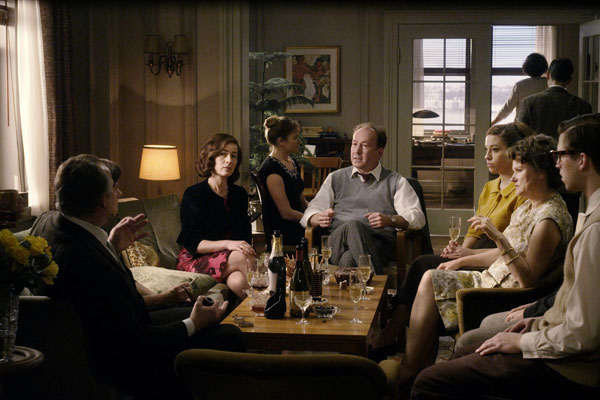Hannah Arendt
Directed by Margarethe Von Trotta
It was the year 1961. In jerusalem, nazi Adolf Eichmann (as himself) was on trial for being involved in the war that brought the world to its knees. As an SS Obersturmbannführer (Lieutenant Colonel), he sent Jews to concentration camps and was thus an integral part of the horrors that occurred. But this movie doesn’t centre on him.
This film is about Hannah Arendt (Barbara Sukowa), a Jewish woman who escaped a concentration camp in France and moved to New York. It was there that years later, she landed the coveted position of reporting on the Eichmann trial for The New Yorker. Unwilling to be swayed by personal opinions of the horrors of World War II, Hannah was determined to report the trial in a just manner. Using her skills in philosophy, Hannah released a series of articles that challenged the world’s view on what a person can be guilty of. But what makes this film so important is that it is a true story.
What I love about this movie is that it feels so real. Typically when movies are “based on the true story,” I’m always left wondering how much they added in. Hannah Arendt is different. Real scenes from the Eichmann trial were used, allowing the audience to come to grips with the fact that this story was truly a spine-chilling reality. There is no “hero” to this story either, but merely people with different opinions and beliefs. I found this to be both emotionally and intellectually challenging, as the audience is forced to question how we judge one another for our actions.
Any downfalls of this film are incredibly nit-picky on my behalf. My only issue was the half-hearted attempts at flashbacks into Hannah’s past. While they could have been used to further the cinematography, they instead felt messy and took away from the storyline.
Flashbacks aside, this film is beautiful and inspiring. I thoroughly recommend it, if not for the story, then for the wonderful acting of Sukowa (who carried this movie ever so gracefully). This film, this story, and the arguments posed within it, are most definitely worth your time.






